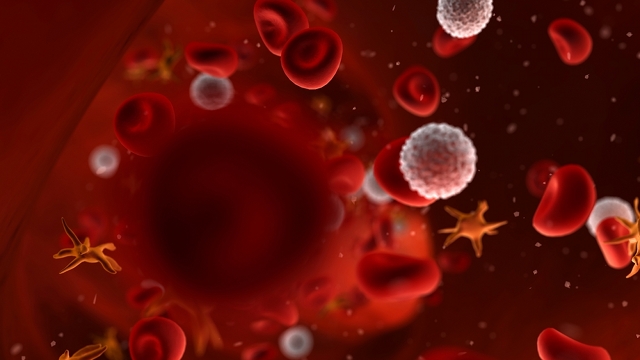ovarian and cervical cancers cause a host of different symptoms. Many are vague, or similar to other conditions. There are several, however, that should send you straight to your gynecologist for a checkup.
1. Vaginal bleeding after menopause
In 90 percent of cases, doctors identify a benign reason for post-menopausal bleeding. For the remaining 10 percent, however, this type of bleeding is linked to endometrial cancer, Dr. AlHilli says. It’s best to have post-menopausal bleeding evaluated. It could also be a sign of cervical cancer.
2. Abnormal vaginal bleeding before menopause
Any bleeding that is outside what’s normal for you should raise a red flag for either endometrial or cervical cancer.
“Bleeding that is heavier than your normal period or irregular is concerning in some cases and may need to be investigated,” Dr. AlHilli says. “You should also see your doctor about bleeding after intercourse or bleeding between your periods.”
3. Pelvic pain
Persistent abdominal pain and discomfort can also be a potential sign of ovarian cancer. Gas, indigestion, pressure, bloating and cramps can indicate ovarian cancer, she says.
4. Unexpected weight loss/gain
For women with ovarian cancer, there are many reasons for weight gain.
Tumor size is one factor. Tumors frequently go undiagnosed until they’re relatively large. Sometimes fluid builds up in the abdomen.
5. Appetite loss
With ovarian cancer, women sometimes lose their appetite. If you suddenly lose more than 10 pounds without changing your diet or increasing exercise, consult your doctor.
In many cases, the lack of desire is a result of how the cancer impacts your metabolism.

